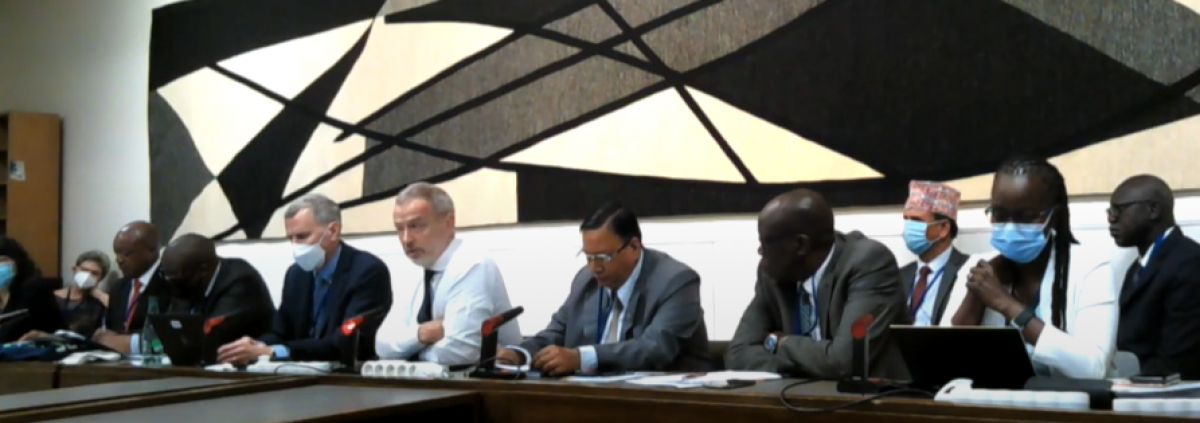Advancing Foundational Learning in the Post-COVID Era
WB, UNICEF, GATES, FCDO, USAID
This event centered on the question: how can countries accelerate and sustain foundational learning in a context of high learning losses? The session created a shared understanding of the actions countries can take to advance foundational learning, and offered lessons learned by countries that have led successful programs to improve reading and math. Expert speakers put forth evidence-based principles for policymaking, and a small panel of Ministers of education shared lessons, challenges and key insights for future action.
Before COVID-19, low- and middle-income countries were already experiencing a deep learning crisis: an estimated 57% of children in these countries could not read and understand a simple text by age ten. COVID-19 disruptions have only exacerbated the issue, causing this figure to rise to an estimated 70%.
Discussions centered on policy options for effective instruction and sustainable implementation at scale in the post-COVID era, for instance: targeting instruction to students’ learning levels in the learning trajectory; prioritizing foundational learning (literacy and numeracy) in the curriculum to ensure adequate amounts of instruction for accelerated recovery; supporting teachers with continuous professional development; ensuring that children are taught in their home language first; and following the science of reading by focusing instruction on the critical subskills for learning to read. The presentations and discussion were anchored around the principles of the Literacy Policy Package, a framework of critical policies to promote literacy for all children, as well as the policy actions presented in the Guide for Learning Recovery and Acceleration — a new publication by the World Bank, the Bill & Melinda Gates Foundation, FCDO, UNICEF, USAID and UNESCO that offers a menu of evidence-based policy options for addressing COVID-19 learning losses and building forward better.
Speakers: Jaime Saavedra, Global Director for Education, World Bank; Sara Ruto, Chief Administrative Secretary, Ministry of Education of Kenya; Lant Pritchett, Research Director of RISE Programme, University of Oxford; Jonathan Stern, Research and Evaluation Lead, RTI; Robert Jenkins, Global Director of Education and Adolescent Development, UNICEF; Invited Ministers of Education: Minister Devendra Paudel, Minister of Education, Nepal; Minister Matsie Angelina Motshekga, Minister of Education, South Africa; Minister Yaw Osei Adutwum, Minister of Education, Ghana.
